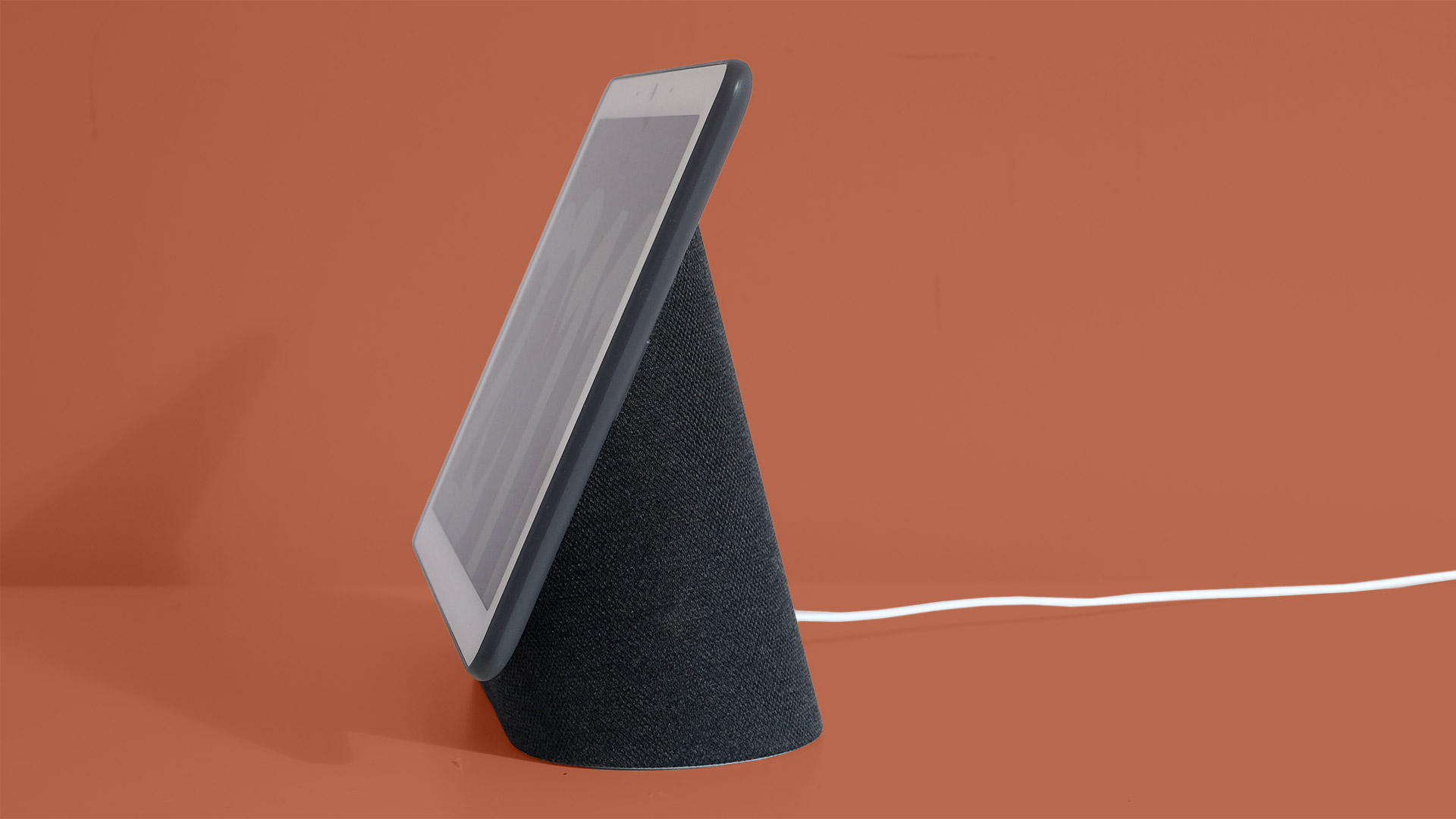We're shunning smart speakers in favor of voice assistants on our phones
Are our smart speakers being under-utilized?

Sign up for breaking news, reviews, opinion, top tech deals, and more.
You are now subscribed
Your newsletter sign-up was successful
Do you have a smart speaker at home? Chances are you're not using it in the way companies like Apple, Amazon, and Google might have hoped.
A study by Forrester Analytics' Consumer Technographics has found that more of us use smart assistants like Alexa, Siri, and Google Assistant on our smartphones instead of speakers like the Amazon Echo, Google Home, and Apple HomePod.
- The best smart speakers of 2020
- Check out our Google Nest Mini review
- Google Assistant: how to make your Google Home speaker work for you
The study also found that, even if you do use the voice assistant built into your smart speaker, you're probably only asking it to carry out simple tasks.
Having surveyed smart speaker users in the US, Forrester found that "the most common task is checking the weather, at 65% of smart-speaker users, and the least-common, ordering or reordering products, is at 5% of smart-speaker users".
Small talk
Smart speakers are rarely cheap, and with companies touting them as the potential control hub for all of your smart home devices, many of us aren't using them to their full potential.
One reason for this could be the need to install third-party applets – or in Amazon's case, Alexa Skills – on their voice assistant's smartphone app in order to use features and capabilities specific to that brand.
Another issue? Perhaps we're collectively so used to looking at a screen that giving voice commands to a virtual assistant still feels a little alien – at least beyond making small talk about the weather.
Sign up for breaking news, reviews, opinion, top tech deals, and more.
Smart displays like the Google Nest Hub Max and the Amazon Echo Show bridge this gap a little, but there's still a disconnect between what our gadgets can do and what we're actually asking of them.

As Frank Gillett, Principal Analyst at Forrester points out, "complex tasks and interactions with brands, such as online searches, checking bills, making payments, or ordering items, are still relatively rare".
Hopefully, as our voice assistants get smarter through the power of machine learning and artificial intelligence, they'll become more adept at carry out tasks like this.
Right now, many of us are still understandably too worried about being misheard by our voice assistants in the middle of making an important payment to use online banking (or other sensitive processes) via our smart speakers.
Whatever the reason for our reluctance to fully trust in our smart speakers, it's clear that the companies behind them could do more to educate us on how we can use them most effectively, beyond cutesy adverts that don't actually explain how to use the mysterious obelisks that sit in our homes, waiting for commands that may never come.

Olivia was previously TechRadar's Senior Editor - Home Entertainment, covering everything from headphones to TVs. Based in London, she's a popular music graduate who worked in the music industry before finding her calling in journalism. She's previously been interviewed on BBC Radio 5 Live on the subject of multi-room audio, chaired panel discussions on diversity in music festival lineups, and her bylines include T3, Stereoboard, What to Watch, Top Ten Reviews, Creative Bloq, and Croco Magazine. Olivia now has a career in PR.